Recently, I conducted an interview with GamesPad co-founders Eran Elhanani and Constantin Kogan. GamesPad is a Metaverse, gaming and NFT ecosystem whose goals are to support and incubate gaming industry companies through mentorship, advising and helpful network connections. Constantin and Eran share their thoughts on the fast-developing GameFi industry and their vision for its future. Don’t miss this piece!
U.Today: Guys, can you tell us about your backgrounds and when you first got interested in the crypto and GameFi industries?
Eran: I started in 2013. I bought my first crypto, Bitcoin, for around $100. I have been investing in IDOs—what it was called before ICOs—since then, on and off. Two years ago, I decided to go all in and created my own boutique crypto VC. Within like four months, I invested in more than 40 projects. Then I met Constantin. We had the same ideas. We wanted to do the same things, and that's how we created BullPerks, our first project. Then later we created GamesPad, our second project. Obviously, everyone likes gaming. I mean, we all played games when we were kids. If there's a way to make money and do something that you like, then why not?
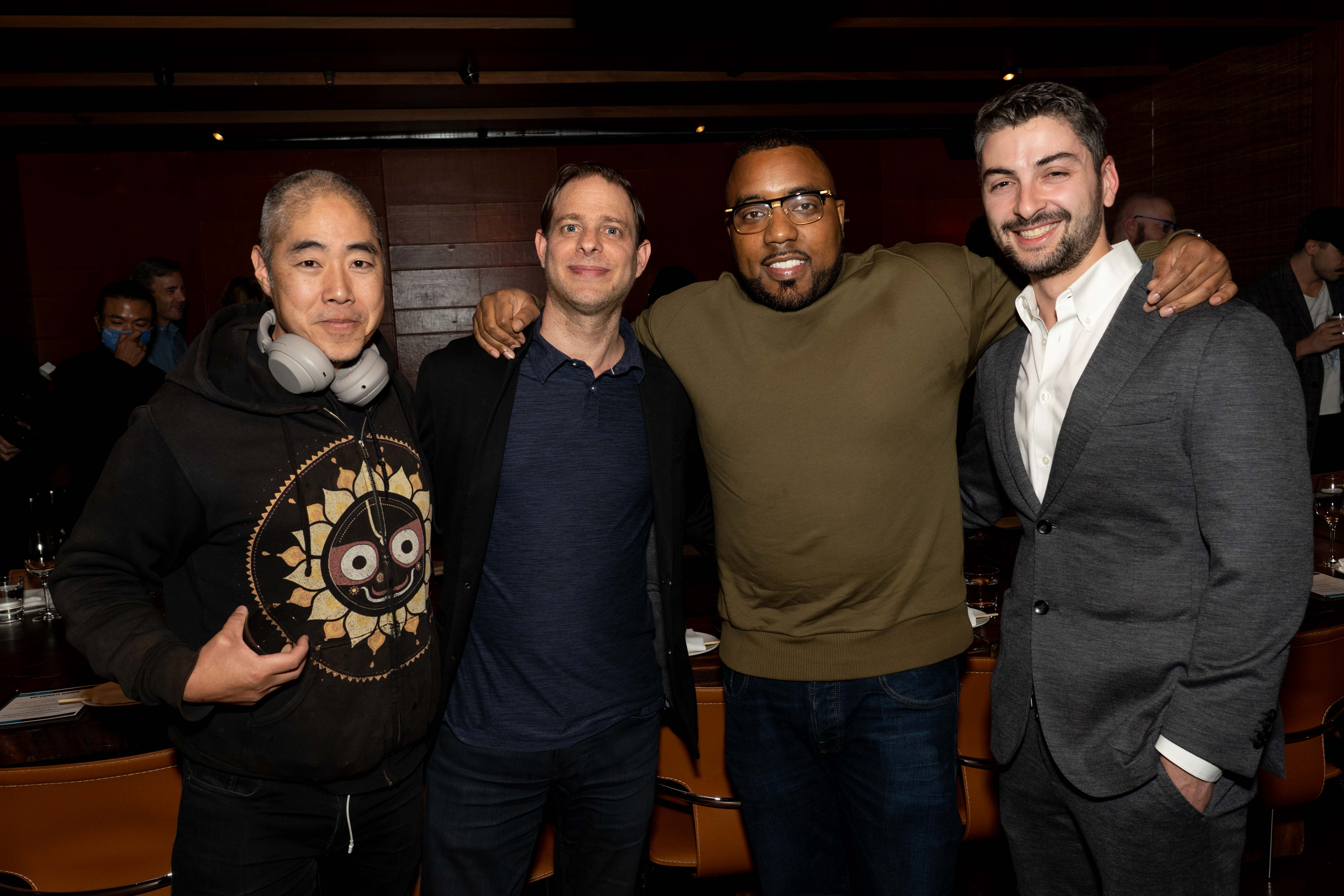
Constantin: I first got acquainted with Bitcoin in 2012. I still remember buying my first Bitcoin on BTC-e, an exchange that was later seized by the FBI. I was lucky to take out my money three months before it happened. I traded on Western Union with a person from Romania, sending him cash through Western Union and receiving Bitcoin. That were fun times, and it was the Wild West.
For two years, I was just learning about the technology and the applications. Step by step, we created our own start-up, which was very early. That was back when I was in Europe. It was pre-Ethereum time, so there were no decentralized applications, no infrastructure for that. We failed back then, but later got into trading and, fast forward, I got into the first fund of funds in the crypto space, Bitbull Capital, and then I was lucky enough to invest in early Ethereum and many other protocols. I worked at Wave Financial, a pretty sizeable digital asset management firm. We had seven different subfunds and one $5 billion management. There, I got the experience of institutional-grade managers.
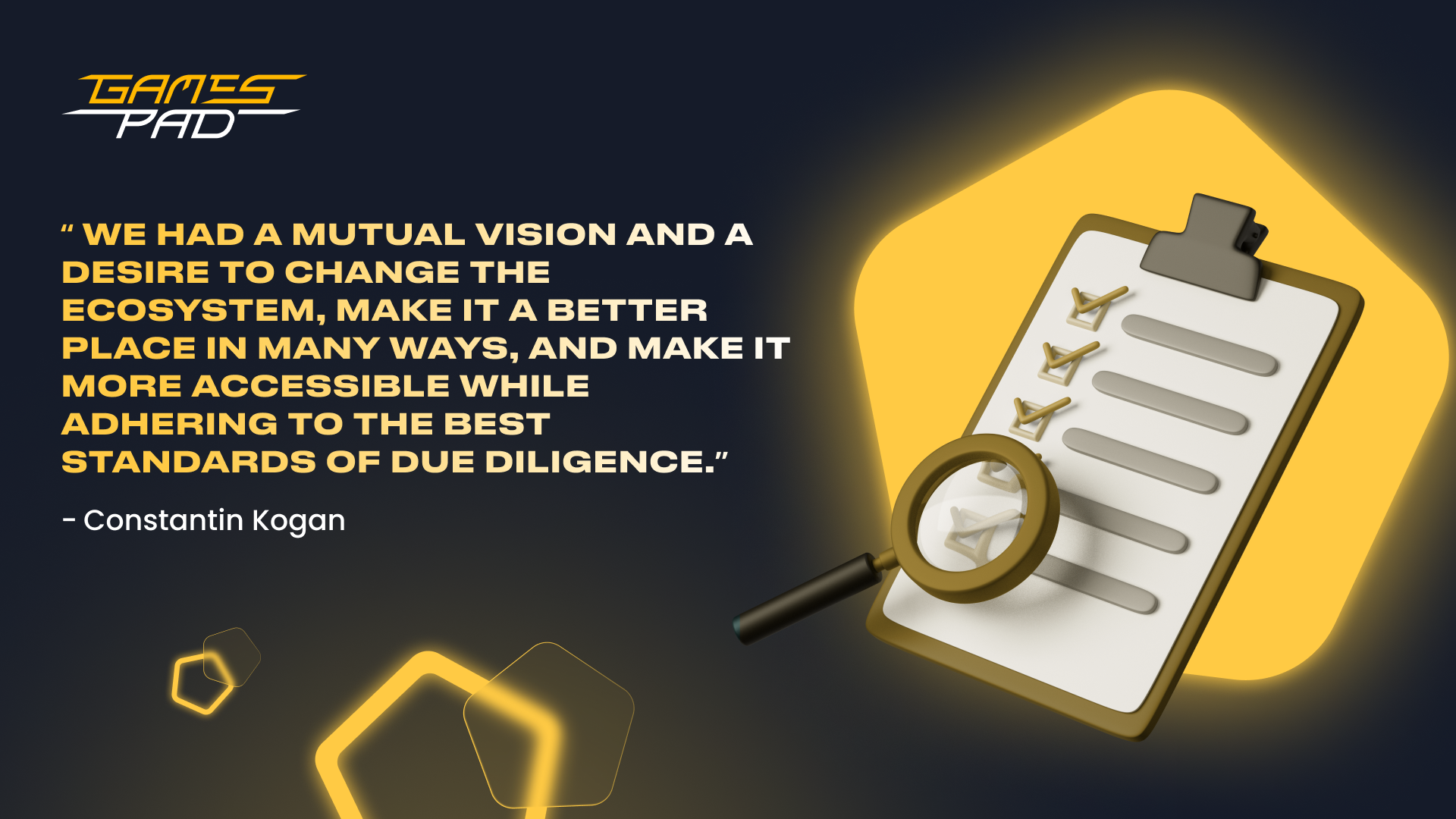
But then when Eran and I met, as he mentioned, we understood that we had a mutual vision and a desire to change the ecosystem, make it a better place in many ways, and make it more accessible while adhering to the best standards of due diligence. The second part with the gaming—that was always in my heart because I was a gamer when I was a kid. My brother and I participated in tournaments. We actually won second place in StarCraft back in the day. That's an experience that I think we all had, and we're excited to now invest in projects and help them to flourish.
U.Today: Tell us about GamesPad. How does it work?
Constantin: First of all, GamesPad is a gaming, NFT and Metaverse ecosystem. We have different product lines and different business models, but under the same umbrella: decentralized VC, NFT marketplace, game incubator, game-specific launchpad, and others. Our launchpad arm helps token holders and NFT holders to have exclusive access to deals that otherwise they probably would never get into.
Eran: GamesPad is an ecosystem where the first feature was a launchpad. It is a two-key system to open access. First, you need tokens, and second are NFTs. NFTs have multiple use cases in our ecosystem, including in our upcoming Metaverse and land sales. You need both GMPD tokens and GamesPad NFTs in order to get into a tier. It's like a membership, where the more you have or the higher tier you reach, you have more access and more privileges. The launchpad was the first feature because we had BullPerks before, but it's a bigger ecosystem. We now have a big focus on the Metaverse. We are actually finalizing acquisitions of studios, Metaverse companies, gaming companies and production companies.
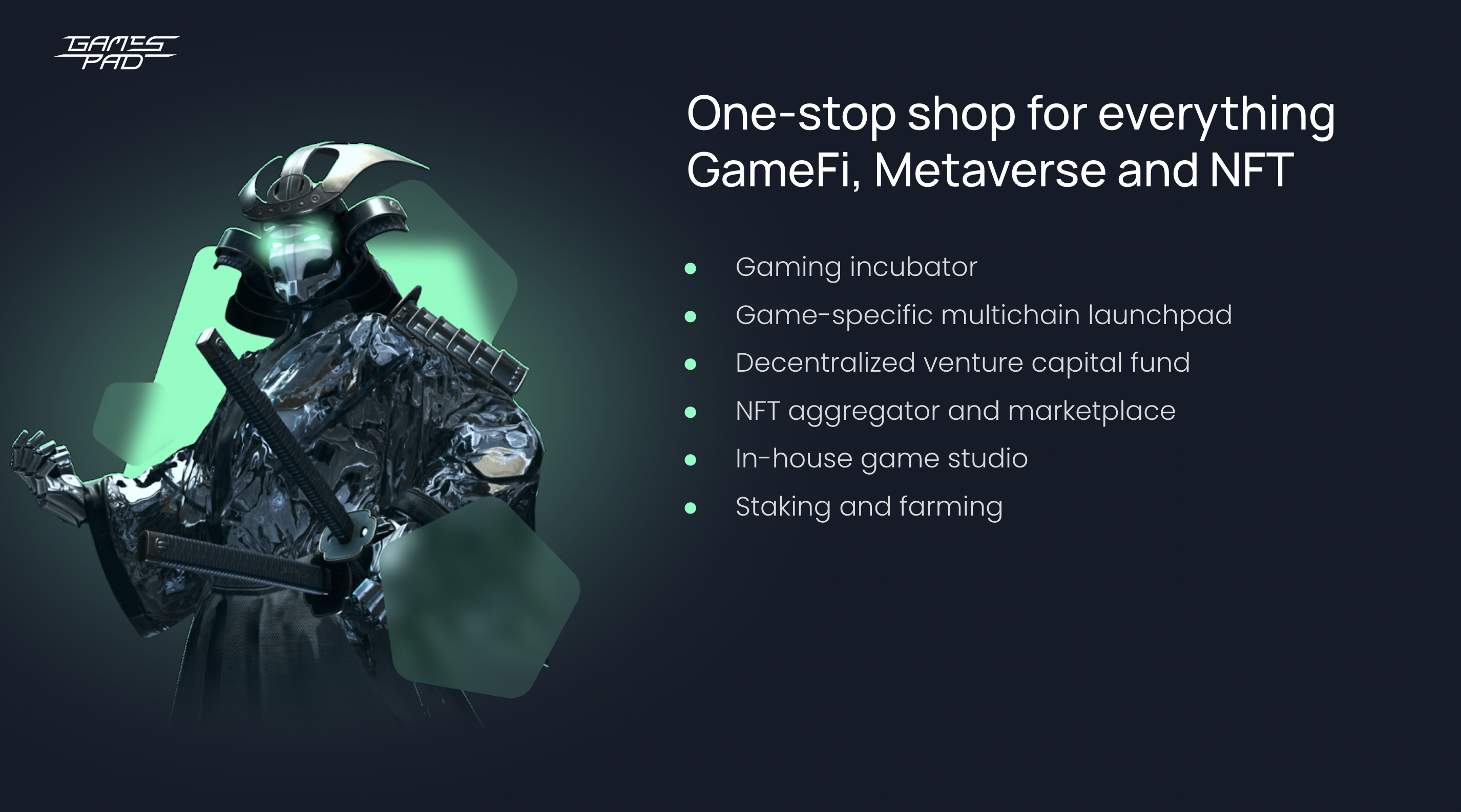
U.Today: What projects do you work with right now? Can you tell us about them?
Eran: We have multiple projects. One of our current incubations is a project that involves people from Hollywood and Pixar. People from more traditional worlds are coming into the crypto space, such as EA Sports and Atari. These are companies with substantial backgrounds that are now trying to shift into the Web3 world and create a new game with a big story that could actually become a TV show later or a movie and merchandise—a much bigger vision. They don't think small—“Let’s make a quick game and that's it”—but rather, “Let's build a new world.”
Another project that we're working on is a big street wear project that involves NFTs and will be a combination of both real-world physical designs and merchandise, as well as NFTs and the Metaverse and headed by very famous and well-known NFT artists, with celebrities and influencers involved. That's another project that we're working on right now. We have a few more, including projects that we are investing in and are about to launch, whether it's games or Metaverse or NFT. We have quite a substantial pipeline right now. We have not announced some of the names yet, as we have just started fundraising for them.
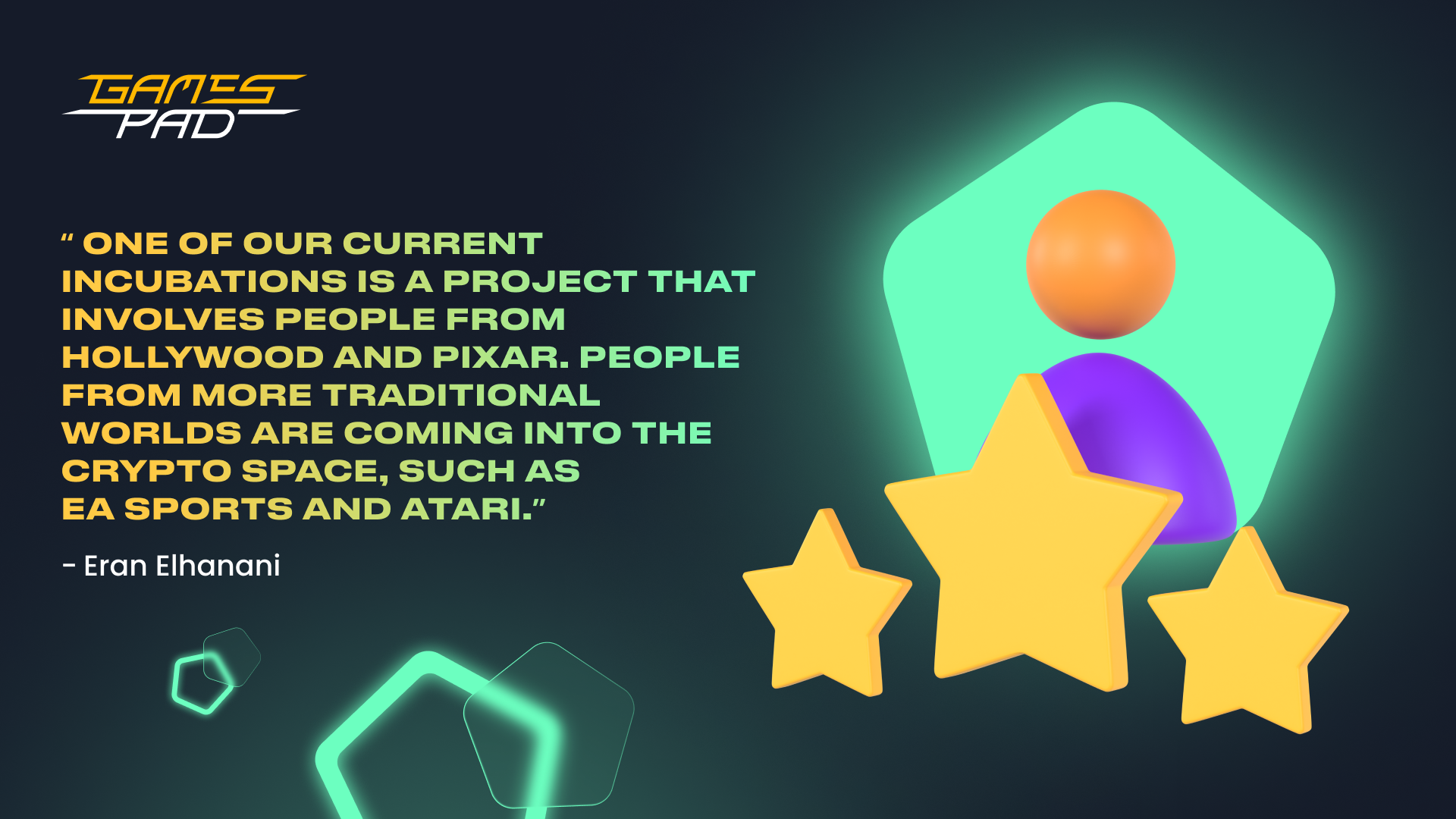
Constantin: We have others, like play-to-earn games, and we have an ecosystem like AAA Games, like Fortnite or Rocket League or CS:GO. They go into the blockchain using the technology and the off-chain oracles. They are more infrastructure projects. We have other projects that are just purely DeFi-oriented.
We're trying to find real problems and invest in solutions that will come maybe not today, but maybe in one or two years. It’s more of a venture-capital-style investment. We call our model “venture capital on steroids” in a way, because it's just faster. You don't have to wait five to ten years in exits. The difference between what we're seeing here in crypto is the evolution of the ICO era in 2017, and now we call it IDO—Initial DEX Offering—or IGO, it's just much faster liquidity, like when a project is listing its tokens or NFTs on open marketplaces, on open exchanges, early supporters can benefit greatly. The challenge here is obviously to structure the project properly so that the economy will be sustainable. If it's not structured properly, the token will go down and people will lose money. That's the sad reality. We're seeing a lot of experiments right now.
U.Today: How do you choose projects for your incubator? Are there any special requirements?
Constantin: Because it's a start-up, essentially what we're talking about is an early-stage project where there's an idea and there's a team. We pay a lot of attention to the team. If they have previous background in a particular industry, they're coming from a combination of product marketing and financial background. That's always a benefit. That's a balanced team that helps each other. If they have previous exits, like, they successfully either sold a company or had a merger or whatever, they have a history of making the company sustainable and successful and moved on. It shows that they're able to scale a project and they have experience building the team operation.
If we're talking about the financial side, the token metrics and the token design are super important. Obviously, we look very closely at that. We look at the product, at the technical specs. We do an audit of the smart contract legal side and compliance. We want to make sure that wherever the project is registered and the people who are supposed to be the owners of the company are the same people who actually control the company, which is not always the case.
Eran: I think we need to separate how we choose projects for the launchpad and for incubation. Because obviously when we choose for the launchpad, we need to look at the token metrics. Then we look at the team, who they really are and their legal entities and all that stuff. When we choose for incubation, then a lot of that doesn't exist yet. We help them design a lot of those things, whether it's the token metrics, whether it's the legal entity. We evolve and become more picky with time. Maybe initially we were less picky, but right now we are very focused on the team experience and what they have at this point, because an idea is nice. But if the idea will take three years to accomplish, that's a problem right now. People don't have the patience to wait that long. We want to see that there's a reasonable timeline. We want to make sure that when they actually launch they'll have something or be close to having something for people to use. The idea is crucial, the team is crucial, as well as the previous experience that they know what they're doing.
U.Today: What are GamesPad’s greatest achievements so far?
Eran: I think our biggest achievement is in games. We got listed on good exchanges initially. We have brought strong partnerships. Some of our investors include Animoca, Alameda. There are a few names that I can't say right now, but there are some Tier 1 funds, which is pretty substantial because they never invest in launchpads. They saw the GamesPad ecosystem play and trusted us. We have built some really good relationships. We're very close with Animoca; that's a great achievement, in our opinion. We have also shown our capability to sell NFTs pretty well. We sold $5.5 million in NFTs for our project.
Constantin: Previously, with BullPerks, for example, we raised INOs—Initial NFT Offering—for other projects, in the range of hundreds of thousands. We are doing an INO for one of our projects soon as well for GamesPad. It's going to be a Tier 1, an exceptional project already, super hyped. Unfortunately, we cannot announce the name yet. We are also planning big traditional partnerships.
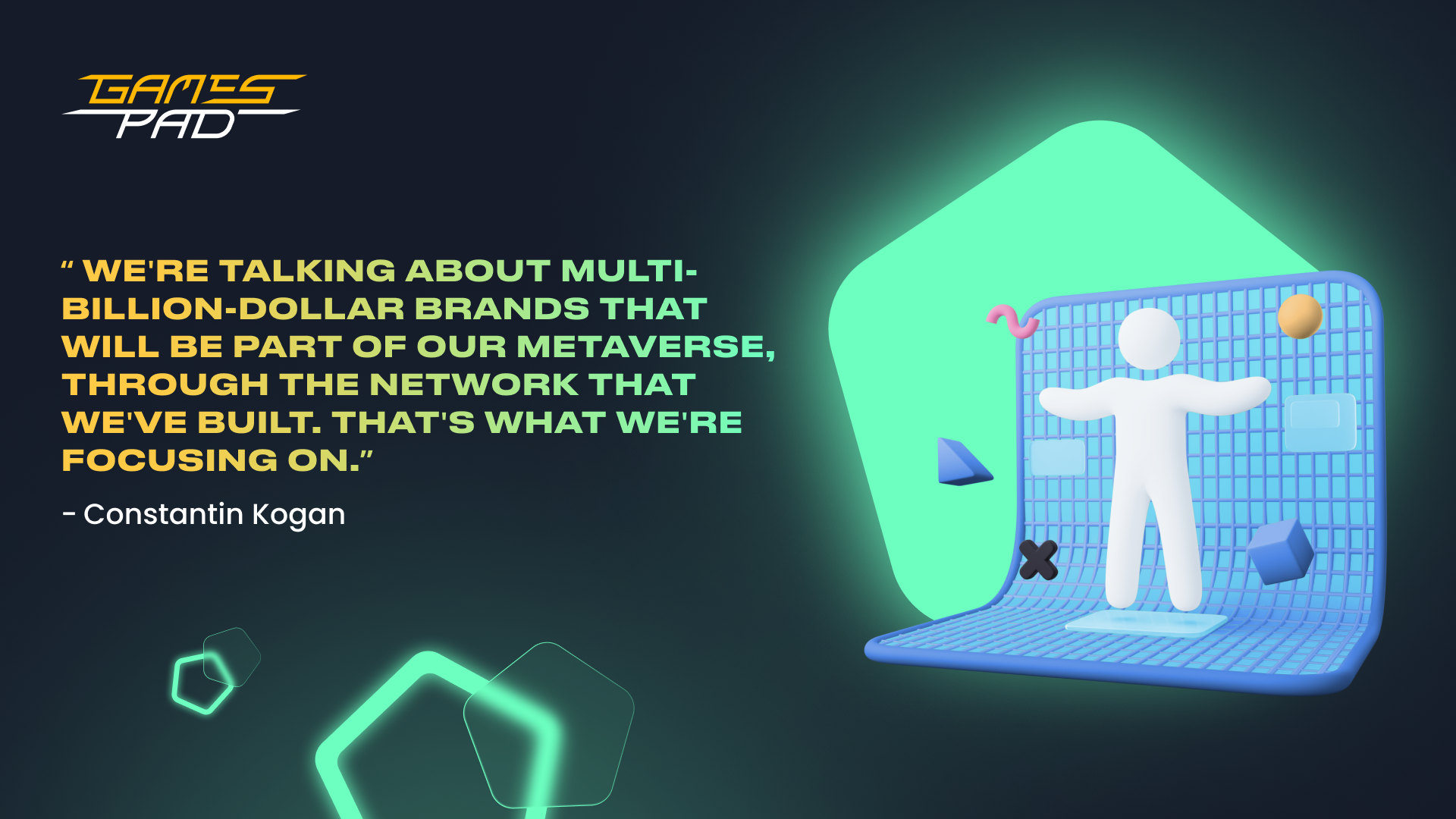
We're talking about multi-billion-dollar brands that will be part of our Metaverse, through the network that we've built. That's what we're focusing on. We have been focusing on the user experience and improving our product and making sure we hire a team—we're proud to say we're now a team of 50 people, which is, by itself, providing opportunities for people to transition from Web 2.0 to Web3. We take a lot of people from the traditional world and help them to get into crypto, educate them. We created a lot of videos, educational videos for our community. We provide different competitions to make sure that they're happy, even during this bear market, and the last piece we're focusing on right now is building, developing our products and making sure that they're sustainable, secure and that we adhere to all the best practices of the user experience. That will be our focus to make sure that our Metaverse will be number one.
U.Today: What about your main plans for the next year?
Constantin: The main plans we already talked about, but the main plans are launching our Metaverse, which is our main product. That will obviously come with a lot of partnerships, like big partnerships with people who will actually bring hundreds of thousands of real users into this space. We'll start exploring. There's a lot of education that needs to be done. We're preparing material, whether it's DEXes or, right now, we’re writing a research paper to make sure we provide this smooth transition of what it is and why the world even needs it, what's so exciting about it. Why will three billion gamers somehow impact and create a new economy? For a person who's not in this Metaverse world, it's a lot of new information. We're focusing on building relationships with exchanges, because that will be another partner. We're not only talking about token exchanges but also NFT marketplaces that will help to spread our distribution channels.
Eran: The plan for the next 12 months is to focus on building, especially the Metaverse. We're bringing big brands in. It's all about partnerships. Obviously, we are growing the company, we're finalizing acquisitions and we'll keep on looking for opportunistic acquisitions that will fit with our company. With these acquisitions, we're probably going to grow our company immediately to around 100. The plan will be by the end of the year to be around 150. That's a pretty ambitious goal to triple from where we are currently and develop more products. We have multiple ideas for products, and some of them are on the roadmaps. Some of them are additional because we have been accomplishing most of our tasks ahead of the roadmap. We are going to continue to build more products and do partnerships with other big projects. There is a lot to do.
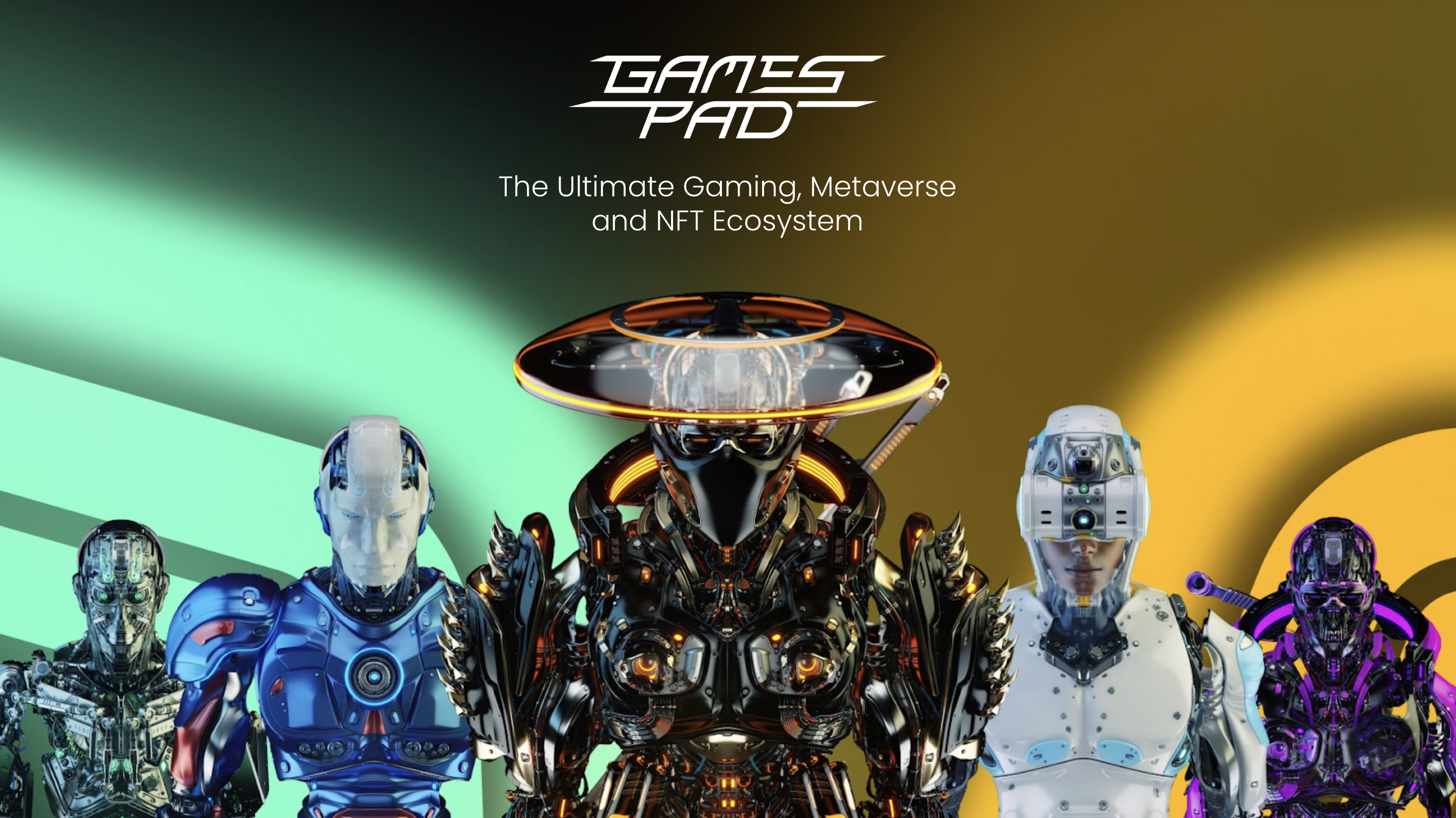
U.Today: I have a few personal questions and one of them is a bit tricky, but our readers are very eager to know—what's in your crypto portfolio?
Constantin: Let's put it this way: I'm a big believer that the protocols will still make a huge difference in the future. Some of the protocols are undervalued, but some of them are overvalued. If you understand how to read fundamentals, if you understand that right now, the space is still relatively young and we're still doing a lot of experiments. There are projects that are putting an emphasis on marketing hype, and others that are really building applications, real-world applications. I think those that provide the most value in those applications will win the end game.
I am a big fan of Ethereum. I believe that, if Vitalik is correct in his predictions, from August to September, we'll see a transition into proof of stake and that will easily triple the price. The other one is not a secret—we met with Gavin Woods. We like Polkadot as a project. We are close to Polygon and have listed a lot of projects on them. We're close to Solana. We're chain-agnostic. We have launched several projects on Avalanche, obviously Binance Chain—BNB Chain now, after they rebranded—and Phantom and Elrond.
Eran: I think the question is really where we are investing. I agree that right now is the time to put money in protocols, that there's a big upside coming. I mean, a market can still go down, but a good protocol will survive the bear market. Even if it goes down another 20%, 30% or 50%, it'll bounce back. If there are projects building on it, then it will come back, probably stronger than ever. We've seen these cycles. That's the advantage of us being in this space so long—we’ve been through the cycles. We are not that worried about it.
Projects that have long-term vision and are mostly infrastructure, that's where we are betting right now, personally, and maybe a few specific games that we see as dominating the space long term.
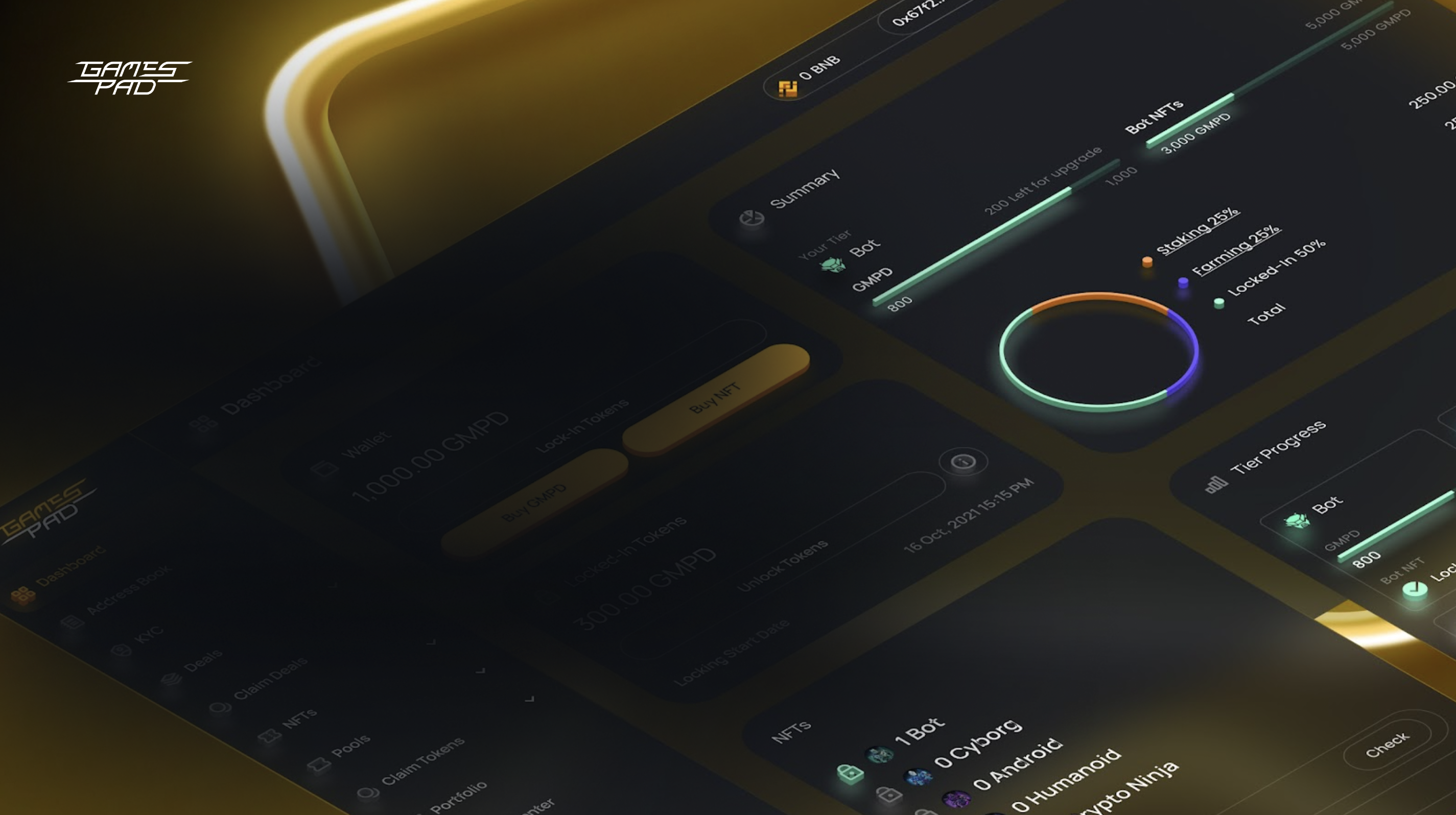
U.Today: What are your thoughts on the collapse of UST and Luna?
Eran: It's a shame because it has created a lot of mistrust in the space. It brought the space a little bit backwards to people talking about scams and that crypto is going to go to zero. So, it is a shame that it happened. It was probably overhyped and overvalued, but I think that they actually have a good infrastructure. Hopefully, it can rebuild. Maybe the founders need to move aside and let the community or people that actually know what they're doing take over and rebuild it while the founders focus on their own problems and personal issues. It impacted the space, but people in crypto have short memories. In a few weeks, probably, no one will remember and will focus on another story or something else.
Constantin: I actually wrote an entire article about it. In a nutshell, the algorithmic stablecoin as a model is a complex financial product. A lot of retail investors, when they make a decision to invest in any crypto asset, they don't understand the core of how it works. That's probably problem number one. That was ultimately the guarantee of APY, 16-20% sometimes, and any person who is reasonable can evaluate the opportunity to create such yield. We understand that there should be a trick. You cannot always produce such a high yield; it cannot be created out of thin air. The idea of UST and Luna was definitely interesting. Now we know the outcome, and it's an experiment. We've been through different cycles already, and we understand that crypto needs the shock waves.
People lose money, and obviously it's an unpleasant experience. Some of our friends lost a lot of money—we’re talking six to seven figures. But that's a reflection of the state of the industry, its state of mind. How do we continue to persevere and to build up trust? That will require us to come back to basics and analyze the core models, like the mechanics, to make sure that they're sustainable to make sure we don't fall just for the hype of high returns, but we actually inspect what's happening inside the protocol. It's not a sexy topic. Nobody wants to talk about it. Everybody wants to talk about how many millions they made from this or that investment. That's why people need professional hedge fund managers, professional investors, people need a filter who will help them to make the right decision. Now, the question would be who do you trust in this group of thousands of managers. That's a different story. We tend to believe that there's a lot of education to be focused on right now. Those shock waves are needed. We will rebuild. I'm sure all the protocols will come to their own conclusions. We're still very bullish. I believe there's so many incredibly talented people working on this and people will just start be more careful.
U.Today: The last question is: what will the Bitcoin price be at the end of the year?
Constantin: I still believe we are going to break the all-time high this year. Yes, we are in a downtrend now, but if you look at the levels of resistance that we're seeing this year, it's still much higher than everything that we've seen before. Yes, there's a stablecoin crisis, and there’s a lot of FUD connected to that, but Ethereum is transitioning to proof of stake. Once that happens in August, there will be another huge bullish trend that will happen. We've seen Chainalysis, for example, creating a new instrument to actually track scammers and how they work. The industry is becoming more secure. We're seeing a lot of legal implementations, compliance implementations. We see El Salvador gathering a conference of 44 central banks and educating them on actually using Bitcoin as a legal tender. Central banks are using Bitcoin as their national reserves. We've seen SWIFT doing experiments with international payments and converting them immediately to the central banks in stablecoins. All of that news and all of the countries that are adopting crypto—this is just the beginning. There's always going to be negativity, there will be crashes, but the price will probably reach at least $70,000-$80,000.
Eran: I think that's a little optimistic. It looks right now that we are heading into inflation that might take a while. It really depends on if Bitcoin succeeds in holding the current bottom at around $28,000 or $29,000, then it will bounce, and I can see it somewhere between $40,000 and $50,000, probably by the end of the year. That being said, if it doesn't hold and it goes down to the low twenties, then it could become a much longer bear market. But I'm optimistic. I do believe it will bounce. I do think we're around the bottom. I'm hoping for bounce and I hope that it'll be $40,000-$50,000 by the end of the year.
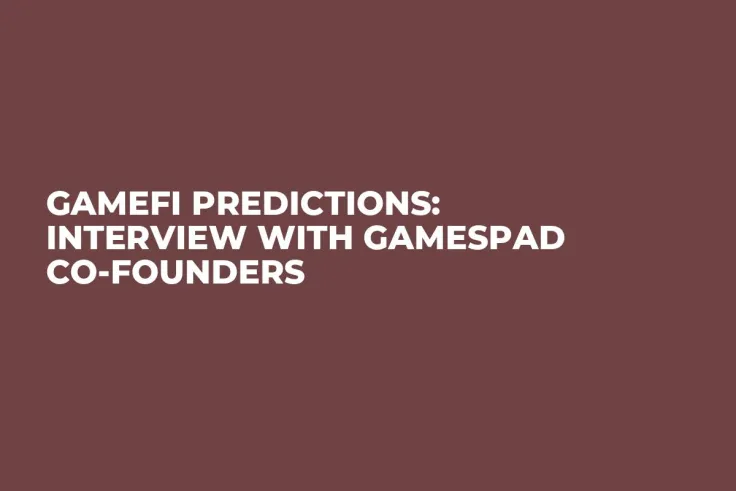

 Dan Burgin
Dan Burgin Vladislav Sopov
Vladislav Sopov